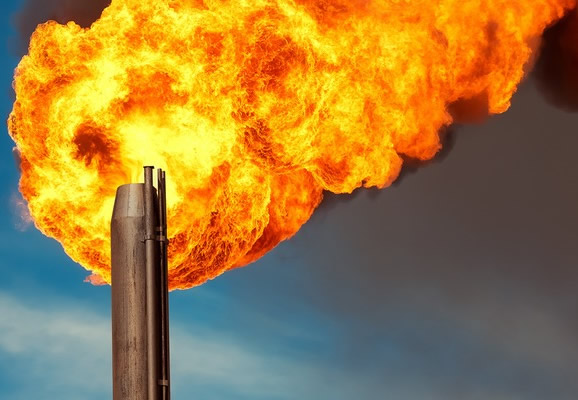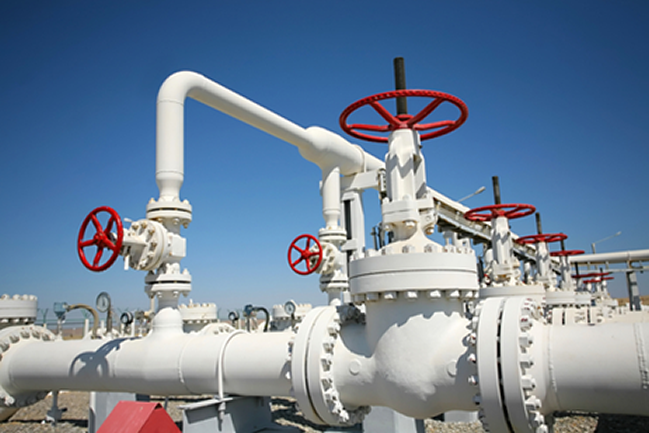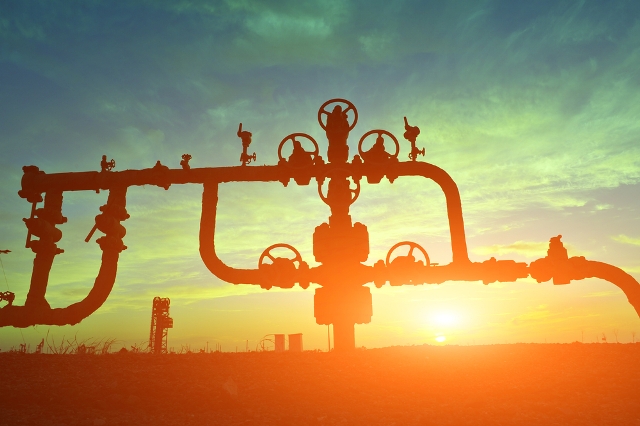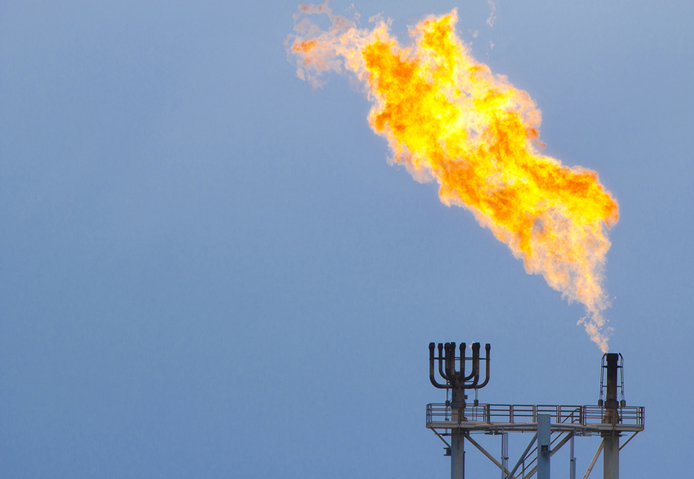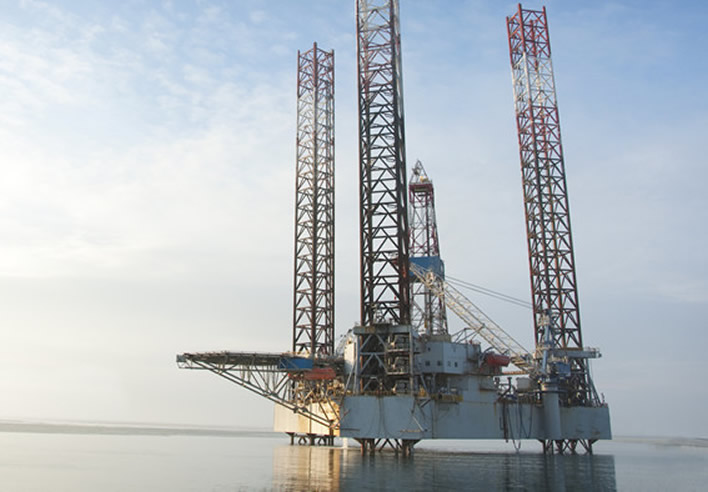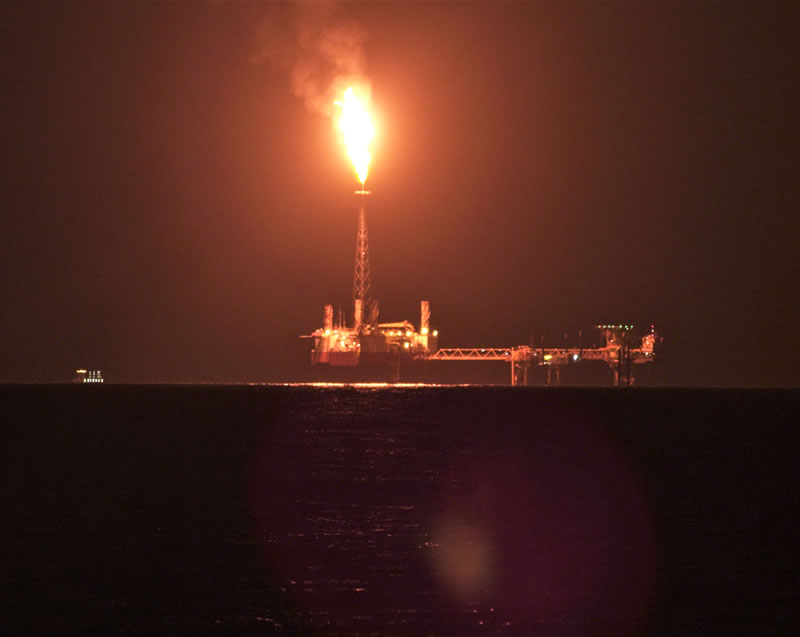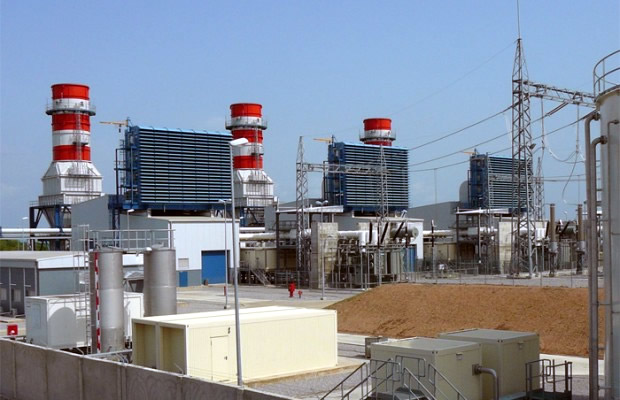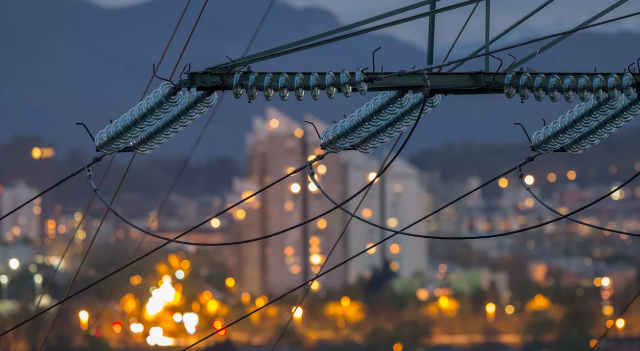Gas
Nigeria ranks as one of the world’s biggest gas flare countries; flaring hundreds of billion scf of natural gas each year, and losing billions of dollars’ worth of economic potential to gas flaring. Launched in late 2016, the National Gas Flare Commercialisation Programme seeks to reverse this trend by ending gas flaring by 2020. What actions are…
In November 2016, the Ministry of Petroleum Resources released the draft National Gas Policy. This release was followed by a stakeholder consultation to discuss and to deliberate on the feedback received from industry players. What issues were raised during the consultation? Which major actions and resolutions were reached? And what matters are still left hanging? This article…
The draft Nigerian National Gas Policy (NNGP) is a long awaited document, essential for a country that has so far not been able to establish any viable legal and regulatory frameworks for natural gas, and that has regressed in the entire petroleum (crude oil and natural gas) sector for decades thanks to a lack of policy direction…
Given the shortcomings of the Nigerian Gas Masterplan of 2008, the Federal Government of Nigeria, through the Ministry of Petroleum Resources has drafted a new National Gas Policy to help grow and transform the country’s gas sector. This article outlines key elements of the draft Policy and enjoins readers to make comments, which the Nigerian Economic Summit…
Daily, huge economic value is lost from billions of cubic feet of natural gas which are being flared from oil mining sites in Nigeria’s oil-rich Niger Delta region. These are gas volumes that could potentially power homes, communities and industrial estates. In this interview, Babs Omotowa, the outgoing Managing Director and Chief Executive Officer of Nigeria Liquefied…
In this article, Japheth Omojuwa x-rays the oligopolistic structure of the Nigerian gas industry, highlighting ways in which the super majors – a handful of large and powerful multinational oil and gas firms – have dominated the market, at the expense of progress in Nigeria’s energy and power sectors.
Every sixty seconds in the Niger Delta, 600 Mscf of natural gas is flared, releasing an estimated 12 tonnes of toxic gases into the environment. Gas flaring in Nigeria is a major contributor to global greenhouse gas emissions and by extension global warming and climate change. Its impact on surrounding communities, however, remains its most devastating effect.
How much electricity can Nigeria’s gas produce? For how many years? In this interview, energy expert Professor Abubakar Sambo beams the spotlight on Nigeria’s gas reserves, the current rate of gas utilisation and the relevant gas infrastructure, pointing out that gas is a finite resource like oil.
Nigeria’s gas reserves have the potential to generate at least 30,000 megawatt of electricity, but the national grid in its current state can only take a small fraction of this power. In this interview, Dayo Adeshina, President of the Nigeria Liquefied Petroleum Gas Association (NLPGA), discusses the potential of LPG to generate much-needed power for Nigerians in…
In a country in which the national power grid is dominated by electricity generated from gas-fired power plants, one can expect gas-driven grids to be a norm. How about gas mini grids? How common are they in Nigeria? What are they typically like and under what arrangements are they being run? This article provides a peep into…

